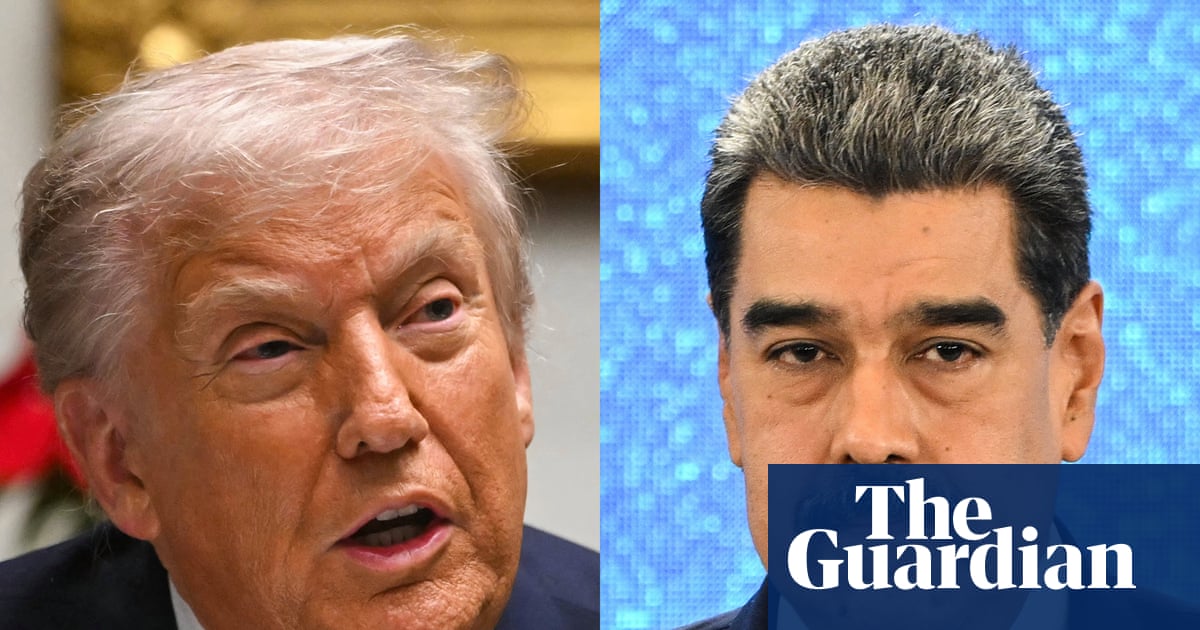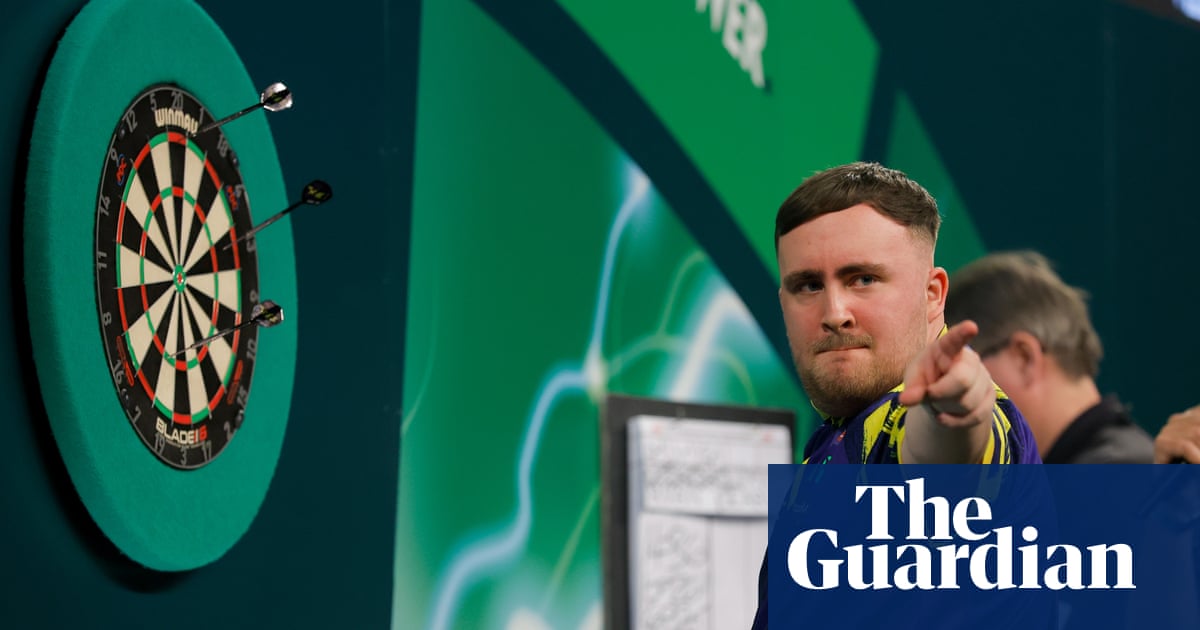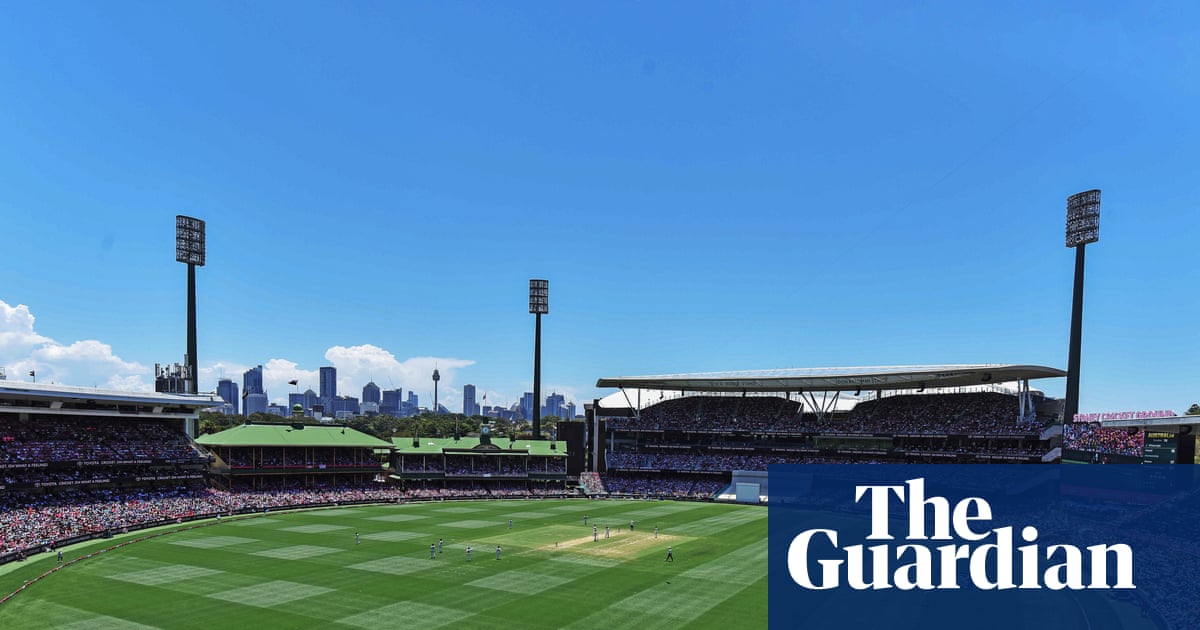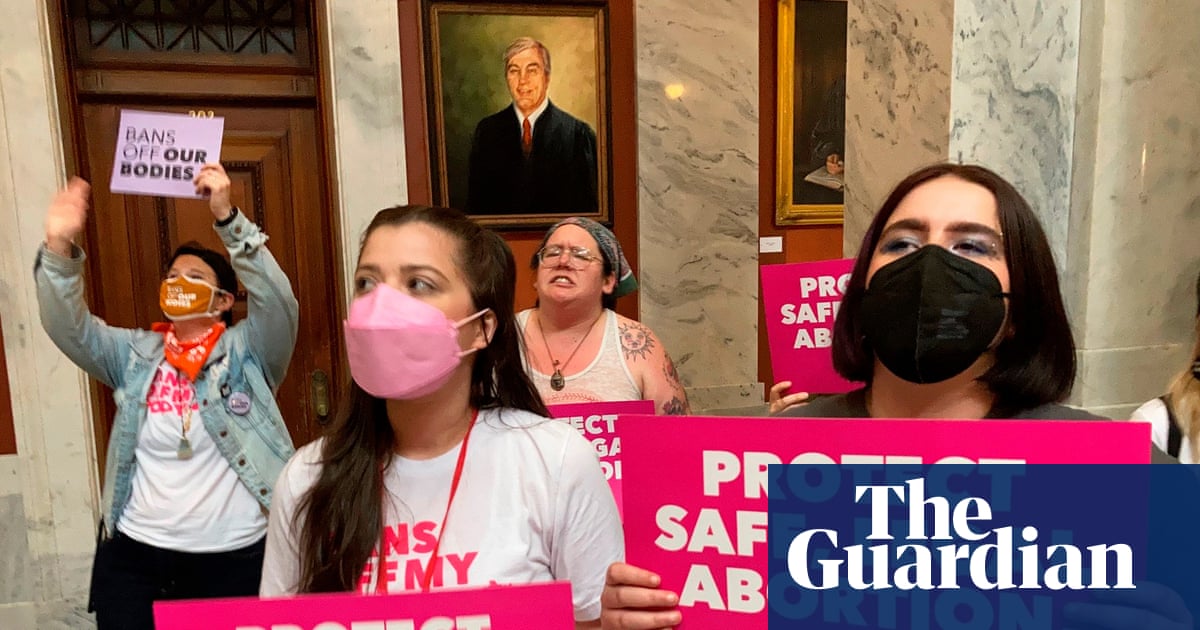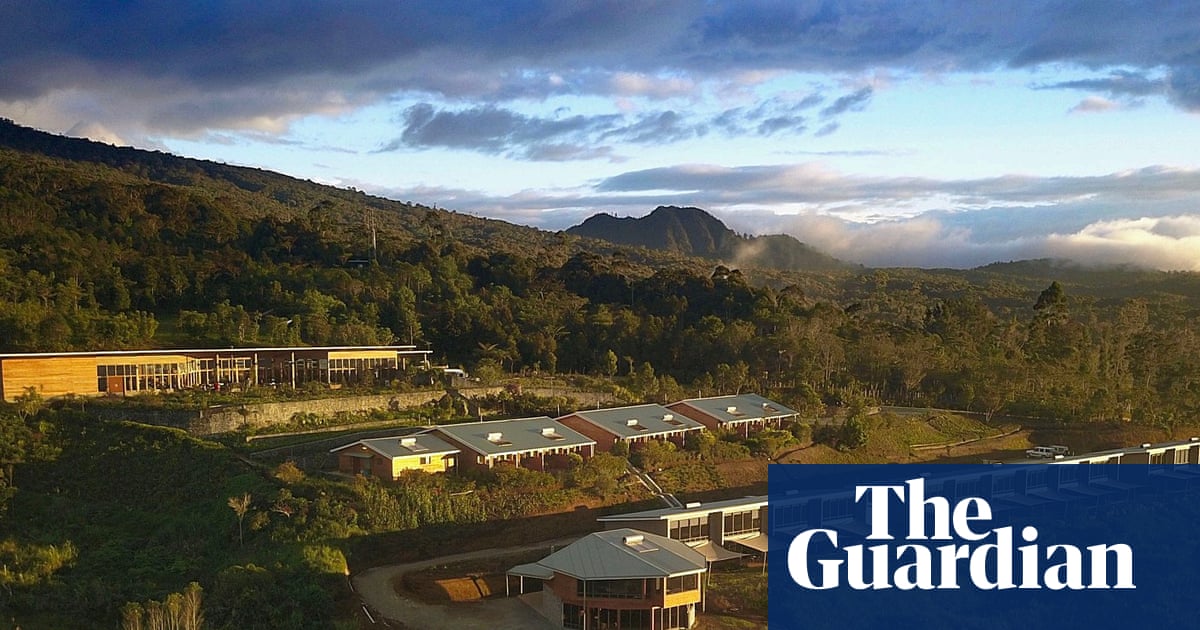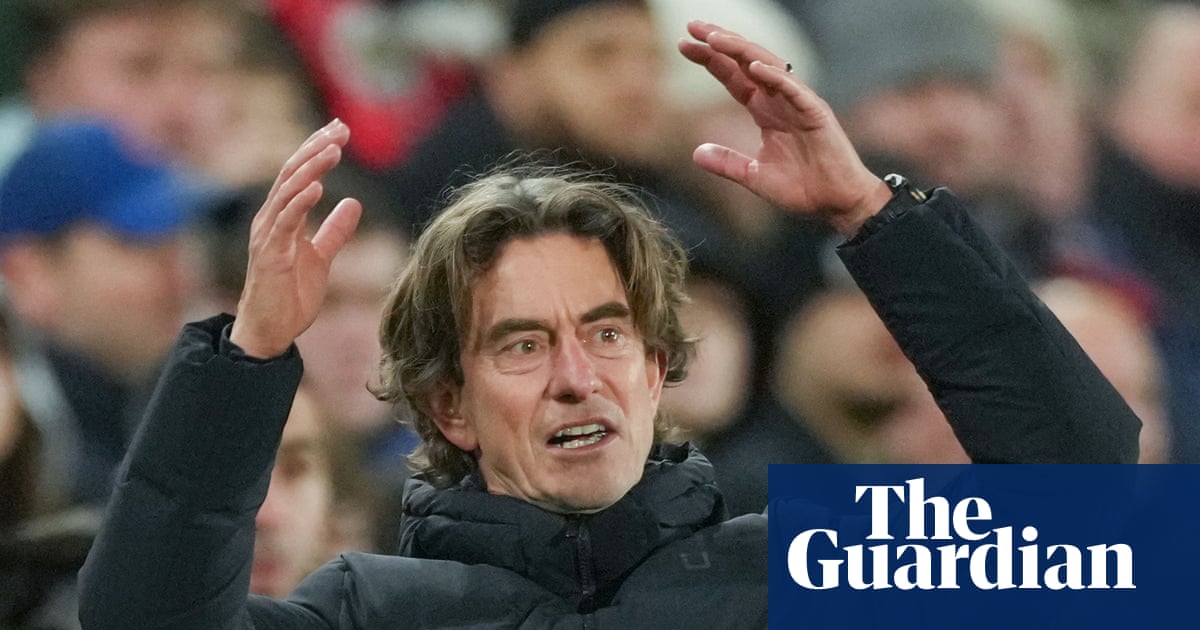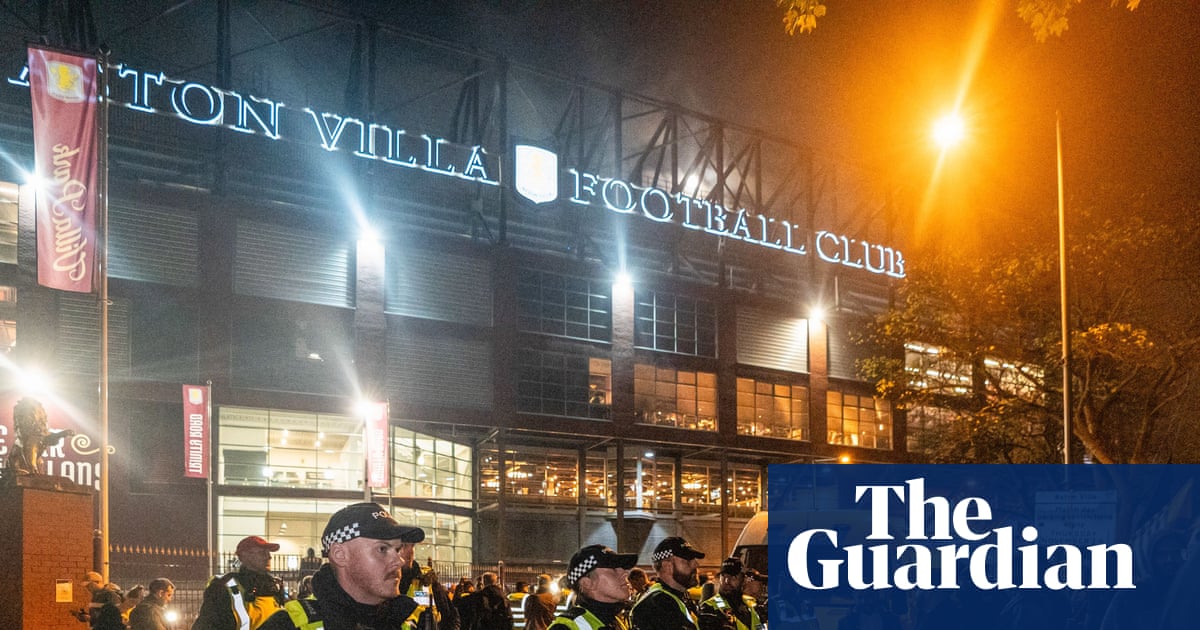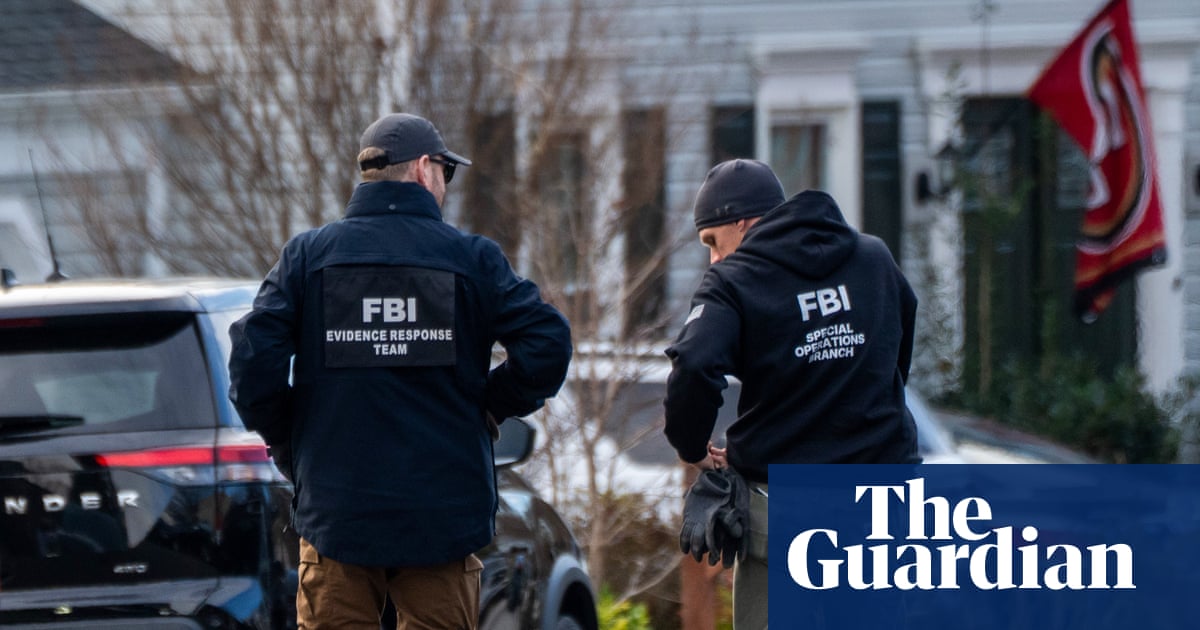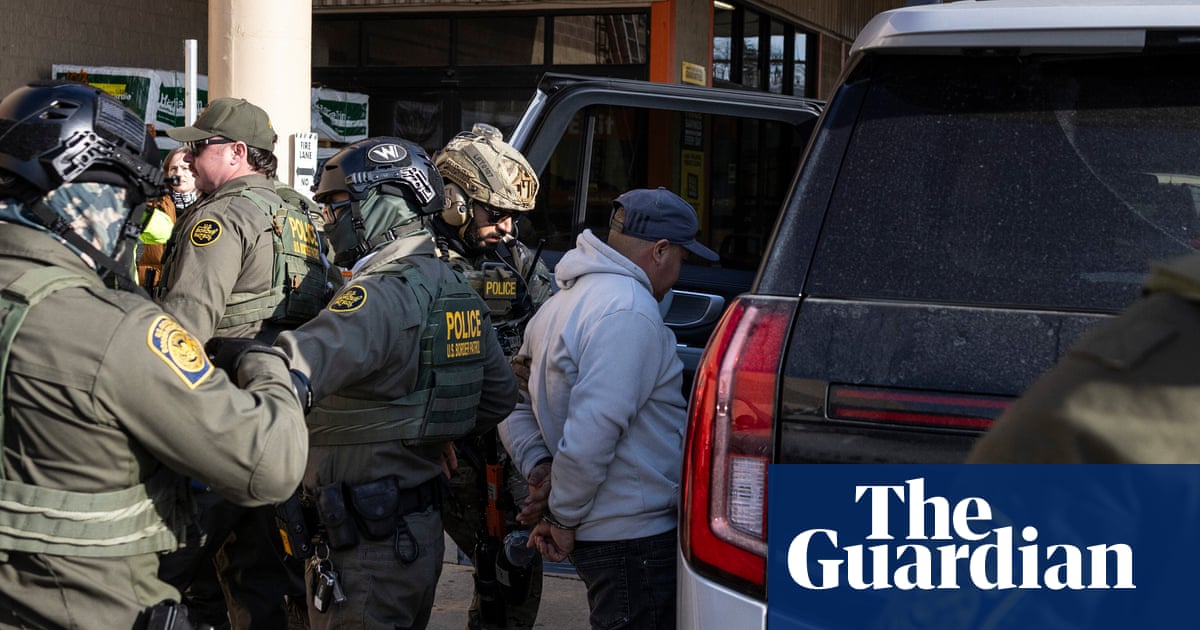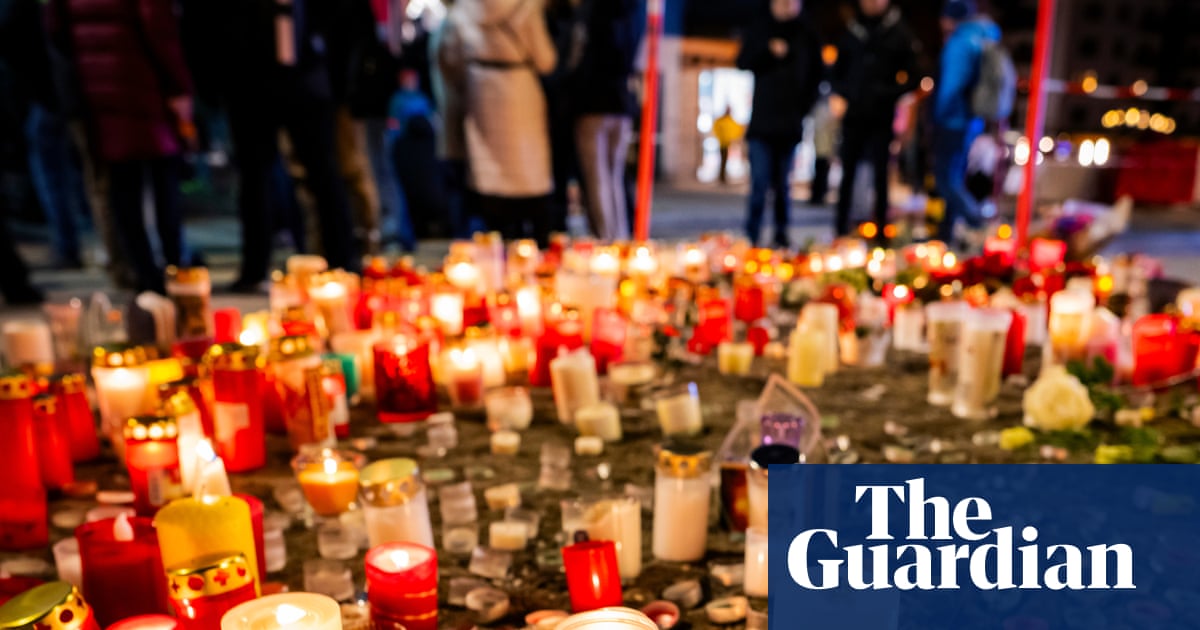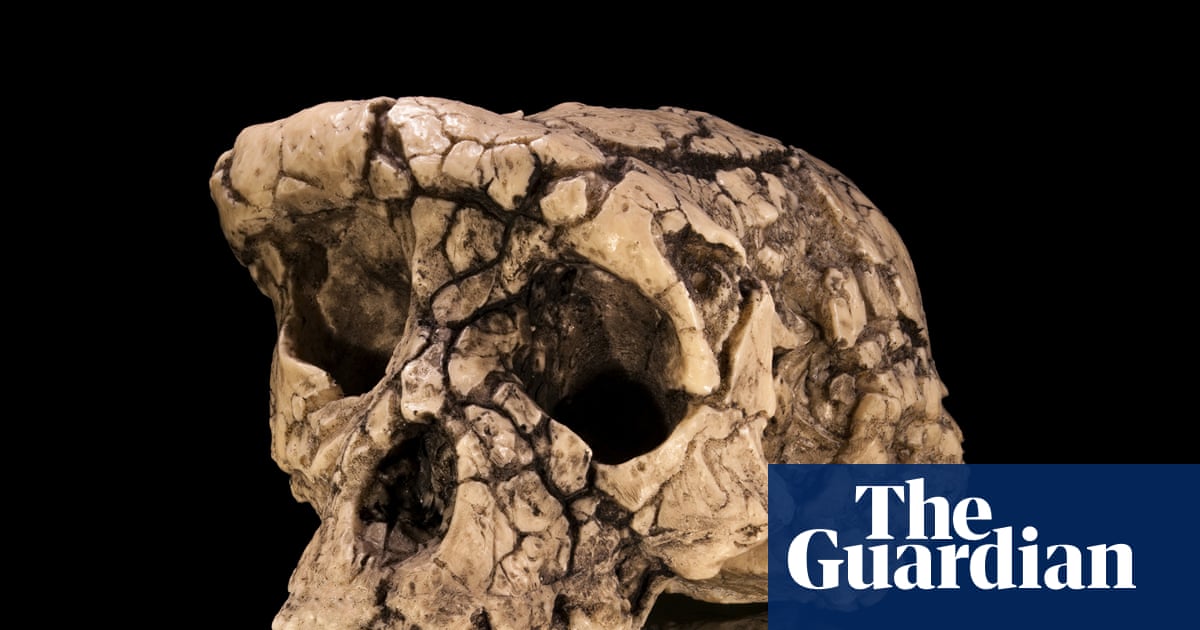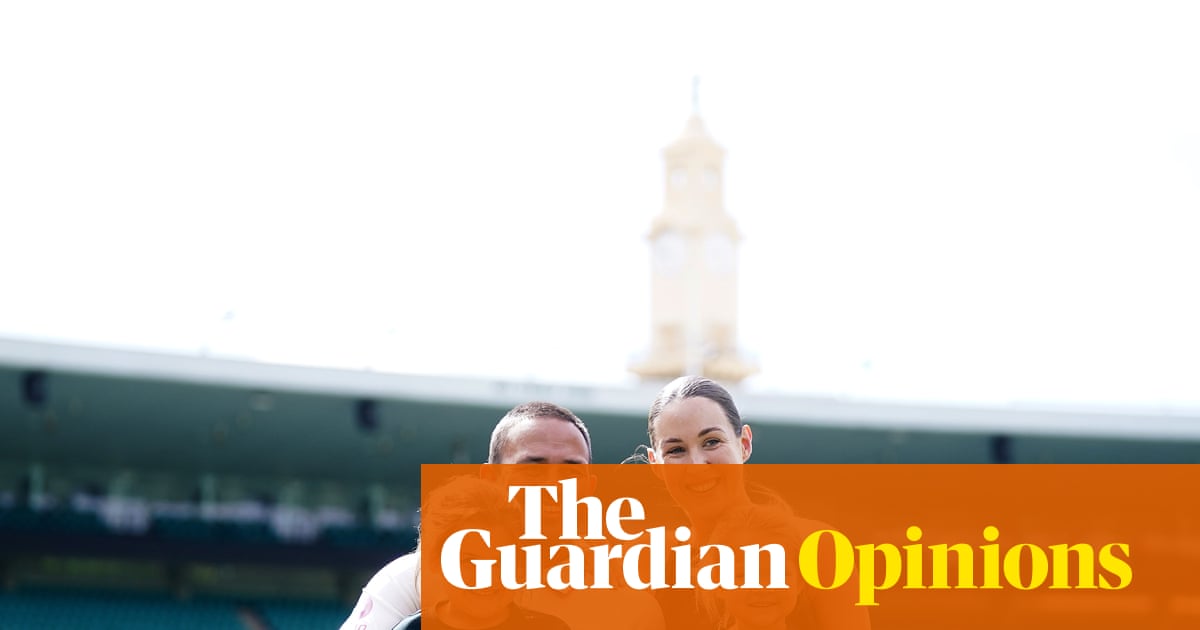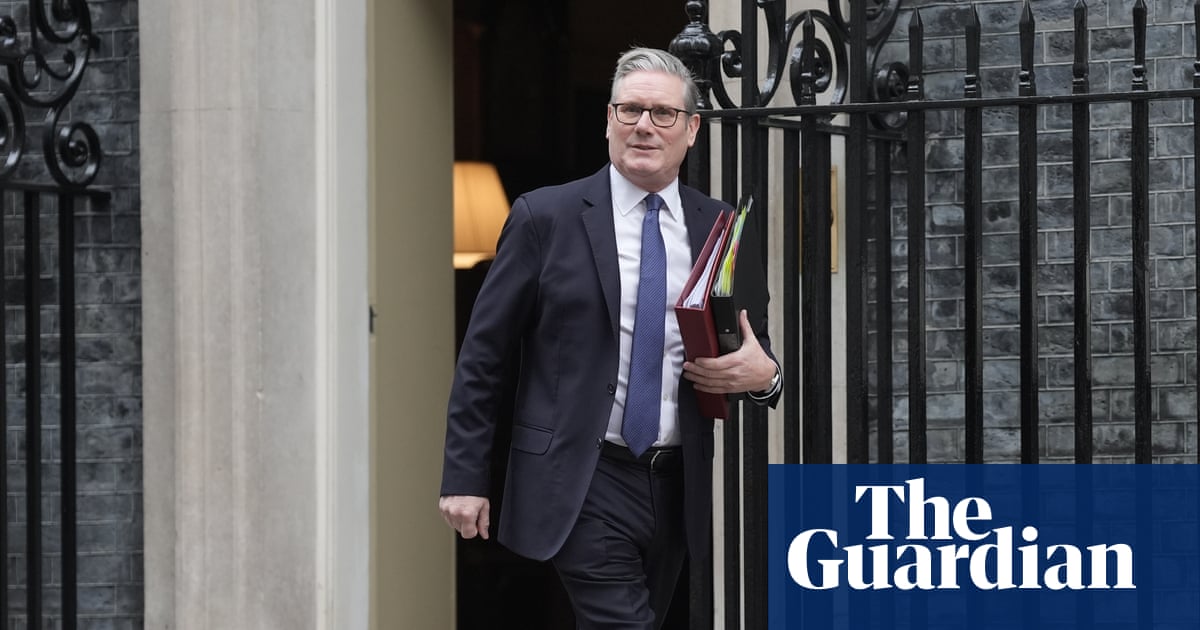Peter Kyle, the business and trade secretary, has said that he was not disturbed by the Tommy Robinson march on Saturday (Trump has fanned the flames of divisive politics around the world, says Sadiq Khan, 16 September). Well I certainly was. The levels of threatening hate and violence should be a wake-up call, not just for government ministers but for all of us. Stand Up to Racism has done its best to mobilise people to tackle this threat, but it’s clear that we have to find a new way forward to reinforce this work. I am urging people in all civil society organisations to start talking about the situation and in each sector to start talking to each other.
I believe there is a fairly widespread understanding of the causes of the views and activities that the far right are exploiting. After Saturday, perhaps there is now a greater understanding of the urgency of the situation. Leading bodies and individuals in each sector of our society should take the initiative in convening urgent discussions of the role they can play in bringing our community together.
As the discussions develop, we will see what ideas different sectors of civil society have about what organisational form will be best to reinforce the work of Stand Up to Racism. It may be a series of coalitions that network and reinforce each other’s interventions.
Different groups and sectors will have very specific contributions to make and will have their own views on what national networking they would be most comfortable with. I can only stress the dangerous urgency of the current situation.
John McDonnell MP
Independent, Hayes and Harlington
I was at the counter-protest at the weekend. I saw first-hand who the crowd attending the far right protest was made up of. It was not people who had boiling-over anger or who were expressing legitimate concerns about immigration. It was pure, gleeful racism. Drunk, laughing and jeering, then belligerent and violent, hurling verbal abuse, smoke grenades and the occasional Nazi salute at anyone who dared stand up to them – no matter that we were outnumbered 20 to one.
Anyone who went to that event wanting to express legitimate concerns about immigration should not be surprised to be labelled a racist when keeping company with racists and listening to racist speeches from known racists. Luckily, 100,000 is still only 0.14% of the population. So, everyone else – it’s up to us to firmly say that whatever else happens, we will not legitimise bullying, bigotry and fascism on our streets.
Name and address supplied
I understand and agree with Diane Abbott (What I saw at Saturday’s rally was racism, pure and simple. Labour won’t tackle it until we can call it what it is, 14 September), and would even say that racism is probably beyond “bubbling up”. Day to day, I am subject to overt and unashamed racism in casual conversation and see people I know and have counted as friends expressing open support for, and sharing content by extreme racists.
Earlier this year I had to deal with the school after my mixed-race daughter was racially abused in class – repeatedly called an “illegal immigrant” and asked “if you cut yourself, will curry come out?”.
The time has come for our leaders to call this out, show some backbone and meet the moment.
Name and address supplied
Diane Abbott is right to warn of the dangers in ignoring racism at events like Tommy Robinson’s rally. But we also need to rebuild the community spaces where people can meet, talk and find common ground. The loss of libraries, youth clubs, community centres and pubs has left many without places for face-to-face connection. In their absence, people turn to social media, where anger is amplified and exploited. Too often, the only remaining gathering points are closed, single-use spaces, whether faith buildings or private venues, which can deepen separation.
I think we should invest in community assemblies. Open up churches, mosques, temples and local halls to everyone – without a hire fee. This should be a national priority. I know first-hand that restoring peace may not suit a political climate that thrives on polarisation, but it will be our biggest downfall if we don’t listen to the grassroots. Rebuilding our “public square” is about restoring the habit of listening to one another as neighbours, and recognising that we have more in common than those who profit from our division.
Shanell Johnson
Independent councillor, London borough of Redbridge

 3 months ago
80
3 months ago
80
